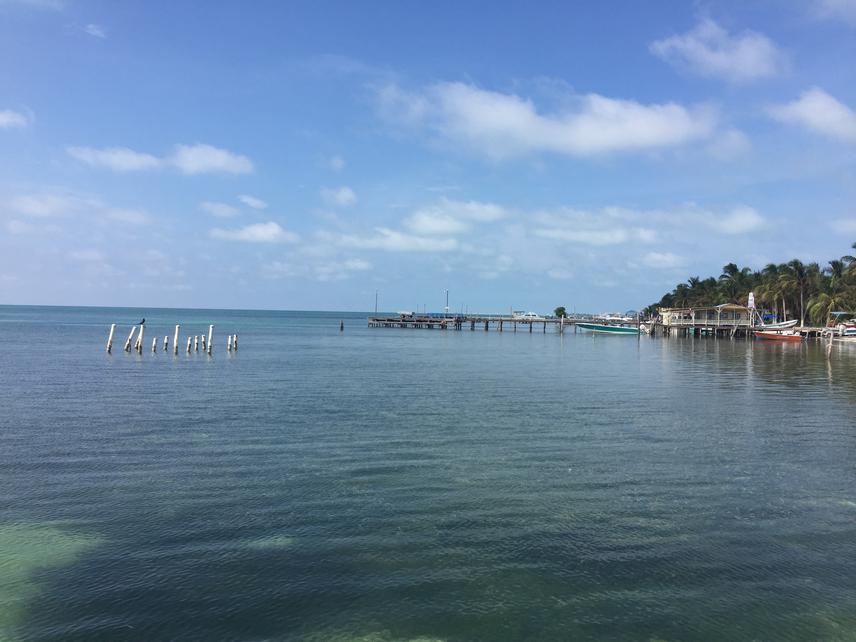Catherine Lawrence Alves
Overfishing threatens marine biodiversity and fisheries viability. An emerging response is granting fishers rights to fish in select areas next to marine reserves – which restrict fishing – but with the requirement of reporting their catch. This strategy, known as Managed Access (MA), was implemented across Belize in 2016, but there has been no formal evaluation of the program’s impact on fishers’ livelihoods and perceptions. This study will conduct socio-economic surveys of participating fishers to determine the efficacy of the MA program in Belize. I will compare responses to data collected in a pre-implementation survey from 2014. Results will provide holistic, science-based advice for sustaining fishers’ livelihoods while preserving coral reef ecosystems. This project creates a foundation for improved evaluation of fisheries management, both in Belize and other nations with small-scale fisheries.

Overfishing of marine ecosystems threatens biodiversity and the viability of fisheries. Marine reserves are designed to mitigate these impacts by restricting fishing access in select locations, but poaching and lack of enforcement limit their broader success. Community-based fisheries management (CBFM) is emerging to involve local communities in conserving their marine resources by providing a platform for fishers to participate in management decisions. Belize is the first country in the Caribbean to implement a CBFM framework known as Managed Access (MA), where in exchange for fishing rights in select areas, fishers report their catch to management officials.
In 2011, two pilot MA sites were established by the Belize Fisheries Department (BFD) and incorporated the Port Honduras Marine Reserve (PHMR) and the Glover’s Reef Marine Reserve (GRMR). In 2016, seven more MA sites were added to pre-existing reserves. Programs like MA are being implemented globally, but there has been no formal evaluation of the program on fishers’ livelihoods and perceptions. My study is the first of its kind to evaluate the efficacy of Belize’s Managed Access (MA) program at maintaining the livelihoods of small-scale fishers. I will answer two questions: 1) Have fishers’ livelihoods and perceptions of MA improved since involvement in MA? 2) How do those metrics differ between fishers from pilot sites and those from the newer sites?
To answer these questions, I will collaborate with governmental and non-governmental organizations based in Belize to distribute in-person quantitative socio-economic and perceptions survey questionnaires to participating fishers. I will compare responses to data collected in a pre-implementation survey from 2014. Fishers will be asked to identify fishing locations on a map, provide catch per unit effort (CPUE; number and species caught per hour fishing), and share the percent of their income that comes from fishing. To gain insights into fishers’ perceptions, questions ranked from 1-5 will capture respondents’ knowledge of the MA program, perceived goals, and overall confidence in the program.
This project compliments efforts by managers because they want to know how fishers’ perceptions and incomes have changed since participation in MA, but lack the resources required for such a study. I will make the results available to all collaborators, integrate public forums and outreach into this study, and produce peer-reviewed publications at the conclusion of this project. The collaborative and inter-institutional nature of this project contributes to capacity-building among natural resource managers and national and local levels in Belize.